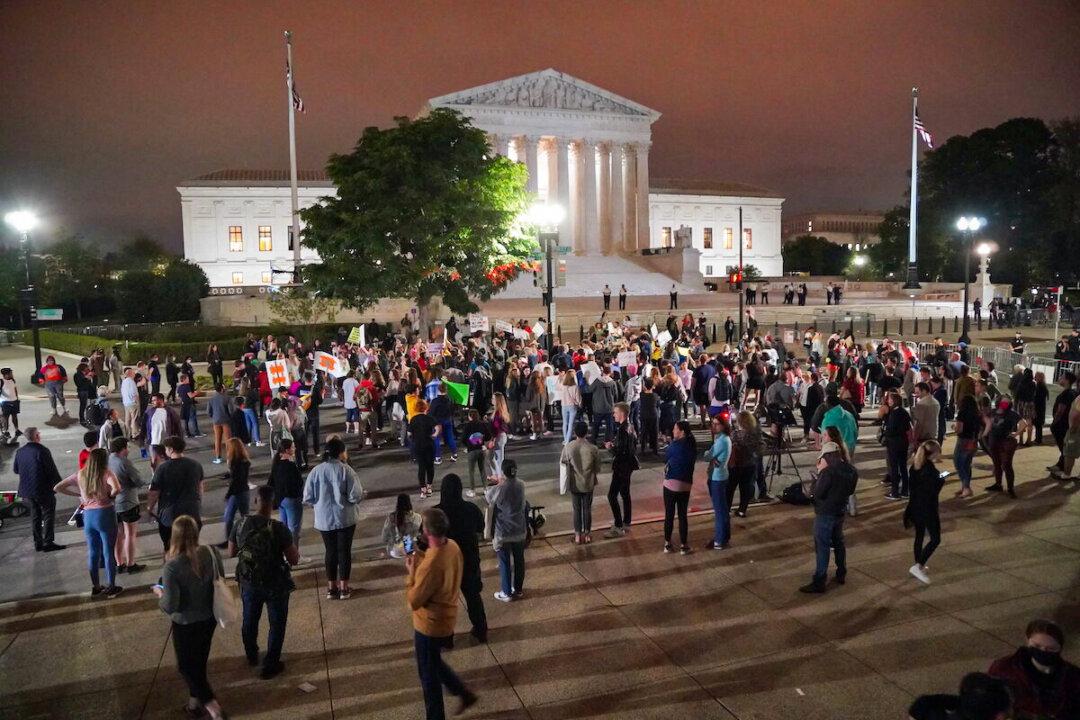The first ballot test of the post-Roe era will be on Aug. 2, when Kansas voters are presented with a proposed constitutional amendment that declares that there’s no constitutional right to abortion.
The Kansas Value Them Both Amendment will be the first of at least four proposed constitutional amendments addressing abortion certain to go before voters during the 2022 election cycle.





